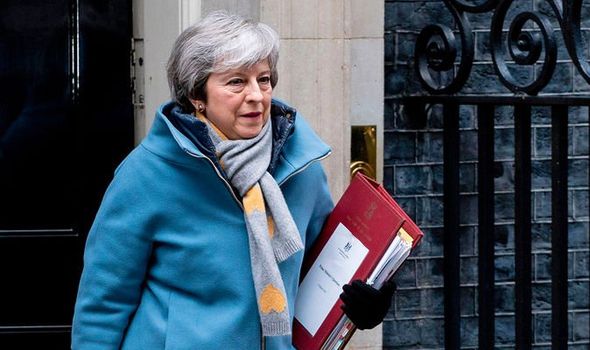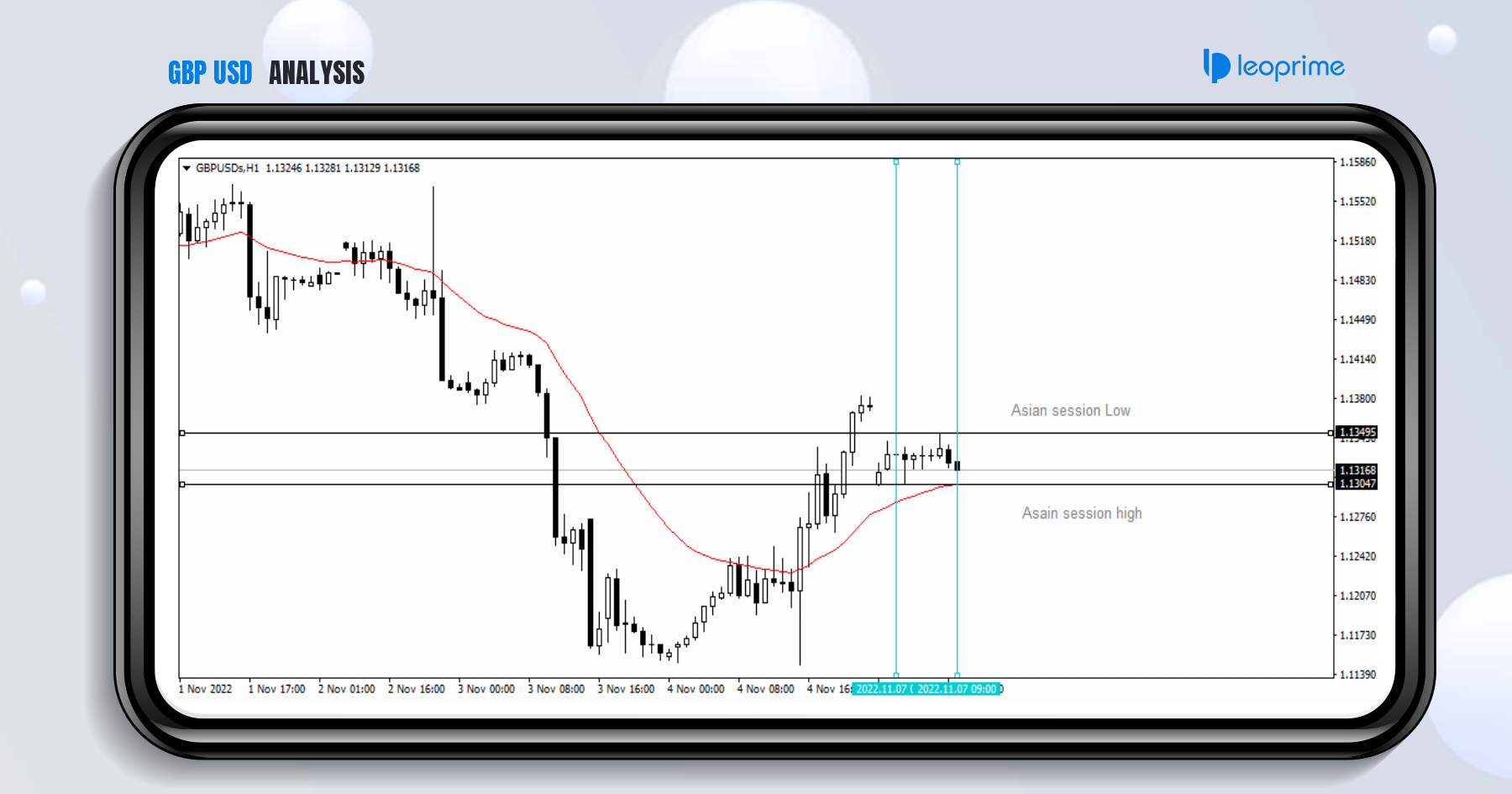
CNBC: U.K. Prime Minister Theresa May has returned from Brussels with a Brexit extension that pushes the next deadline out to October 31.
May has seen her preferred withdrawal from Europe rejected three times already but now has another six-and-a-half months to try to get some form of deal over the line.
Whether her government calls a snap general election, works out a softer Brexit or doesn’t even leave the European Union are all still on the table. The possibility of Britain leaving the EU with no deal whatsoever also remains very much alive.
After a long night in Brussels, CNBC rounds up the Brexit predictions from some of the biggest banks in the world.
Here’s what the big banks predict will happen now with Brexit:
UBS — Heading for elections
Analysts at Swiss bank UBS concluded that the most likely next step is for May to try to push through her previously rejected withdrawal agreement with opposition party support. UBS sees this plan as doomed to fail and May will be forced to resign, with a subsequent general election “likely.”
In a separate email to CNBC, UBS’s Head of U.K. Rates Strategy John Wraith said the extension will ensure economic headwinds remain for Britain, as businesses and consumers won’t feel freed to press on with investments or big-ticket purchases.
Commerzbank — No bounce for the pound
The German bank believes that Britain is now obliged to participate in the next round of EU parliamentary elections which will only increase division in the U.K. The bank says markets have largely ignored Brexit “noise” but may now start to get nervous if the U.K.’s political stability looks compromised. It assigns a low probability to a cancellation of Brexit but is almost equally uncertain of a second referendum or general election. It sees “limited scope” for any sustainable rebound in either the economy or the pound.
Societe Generale – Markets don’t know what to do
The French bank sees the extension as offering practically no change to the Brexit conundrum. Kit Juckes, who acts a macro strategist for the bank, said in a note Thursday that although there is little evidence that “pre-departure uncertainty” is hurting the U.K. economy, further vagueness over the future won’t help.
Juckes adds that markets are “staring, wide-eyed and mouth open” but have little interest in the Brexit trade. He notes that U.K. economic data isn’t bad and offers a call that sterling is likely to go higher rather than lower.
Citi – Watch the Bank of England
Christian Schulz at Citi said Thursday that a snap U.K. general election remains the logical step to restart the process. He says the Labour party is unlikely to dig May out of her hole and options for the prime minister continue to narrow. For the U.K. economy, Citi sees successive short extensions as “the worst case for business confidence and investment on both sides of the Channel.” The bank says its base case that the Bank of England will raise rates in August looks to have been weakened but the central bank’s meeting next month should offer more clues.
Rabobank — EU keen to avoid blame
The U.K. has a break clause in the extension that allows it to leave should a withdrawal agreement gain support in both Westminster and Brussels. It also requires Britain to avoid disrupting the day-to-day activities of the European Union. Rabobank labels this as another example of the “pragmatic approach” that EU heads of state have taken around Brexit deadlines. The bank says it suggests that Brussels will do all it can to prevent an impression that it’s forcing the U.K. to leave without a deal.
Deutsche Bank — One more try for May
May has said she will still try to avoid U.K. participation in the European elections. This will mean agreeing a deal by May 22. Jim Reid at Deutsche Bank says May can possibly have another tilt at gaining U.K. lawmaker support “sometime in the next 36 hours.”
Reid says whatever the outcome the odds of an early election continue to rise with the chances of a cross-party agreement looking slim. Deutsche’s analyst also notes May’s previous promise to hold binding parliamentary votes on various Brexit options and expects that to dominate headlines in the coming days.








